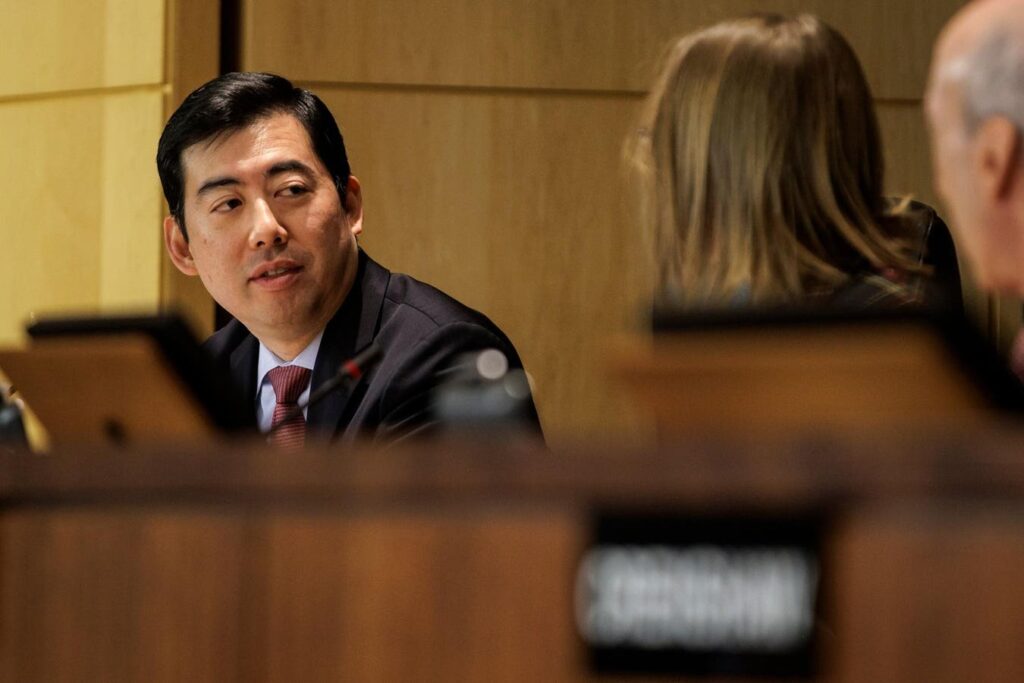In March 2024, the U.S. Securities and Exchange Commission adopted the Climate-Related Disclosure Rule requiring large publicly traded companies to disclose climate action, greenhouse gas emissions, and the financial impacts of severe weather events. The rule was immediately met with legal challenges and implementation was delayed while the court heard the cases. In February, acting SEC Chair Mark Uyeda began the process to permanently end the rule, leaving climate advocates and businesses that heavily invested in reporting reeling. On March 27, the SEC officially voted to end the legal defense of the rule, likely killing climate disclosure and sustainability reporting at the national level.
The SEC’s Climate Related Disclosure Rule is part of a broader international push to require businesses to report GHG emissions and climate related activities. Stemming from the 2015 Paris Agreement’s goal of reaching net zero carbon emissions by 2050, the United Nations and other international organizations began drafting sustainability reporting requirements.
Following 2021 COP 26 in Glasgow, the International Financial Reporting Standards Foundation formed the International Sustainability Standards Board to draft sustainability reporting requirements. IFRS is an independent, nonprofit organization that develops financial reporting standards, including international accounting standards. The IFRS Standards were adopted in June 2023 as the global standard for sustainability and climate change reporting, including GHG emissions.
IFRS is not used in the U.S., who uses generally accepted accounting principles, also known as GAAP, but is used in 132 jurisdictions. Therefore, the U.S. needed to draft their own requirements. In March 2022, the SEC proposed the development of climate-related reporting standards. The final rule, adopted in March 2024, required large publicly traded companies to disclose climate action, GHG emissions, and the financial impacts of severe weather events.
The Climate-Related Disclosure Rule was initially set to go into effect in 2026. However, it was immediately met with legal challenges and the SEC delayed implementation indefinitely while the cases worked through the judicial process. Now it appears the delay will become permanent.
On February 11, Uyeda, a Biden appointee, effectively ended the Climate-Related Disclosure Rule. In the statement, Uyeda said, “The Rule is deeply flawed and could inflict significant harm on the capital markets and our economy.” Uyeda also called for the end of the legal defense of the challenges.
On March 27, the SEC officially voted to end the legal defense. In the press release, Uyeda said, “The goal of today’s Commission action and notification to the court is to cease the Commission’s involvement in the defense of the costly and unnecessarily intrusive climate change disclosure rules.”
The SEC also noted that “Following today’s Commission vote, SEC staff sent a letter to the court stating that the Commission withdraws its defense of the rules and that Commission counsel are no longer authorized to advance the arguments in the brief the Commission had filed. The letter states that the Commission yields any oral argument time back to the court.”
For now, climate disclosure and sustainability reporting requirements at the national level are dead. Focus will now shift to international reporting requirements, most notably the European Union’s impact on U.S. businesses, and states like California and Colorado that are considering their own reporting mandates.
Read the full article here
